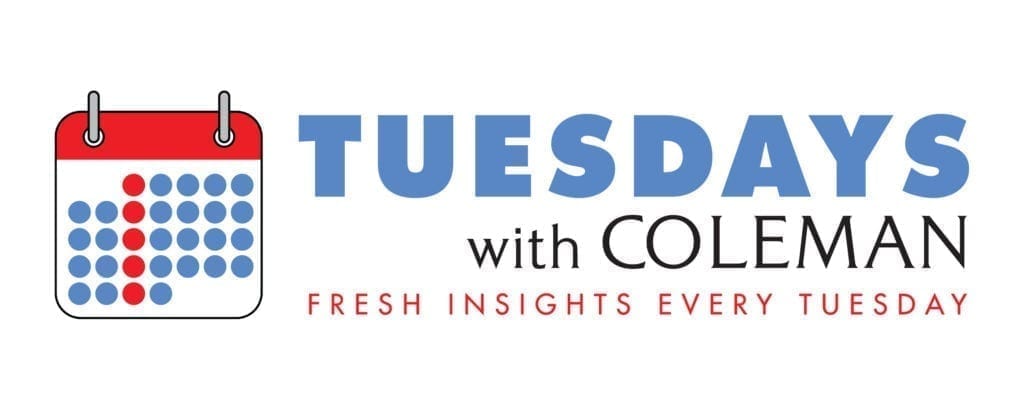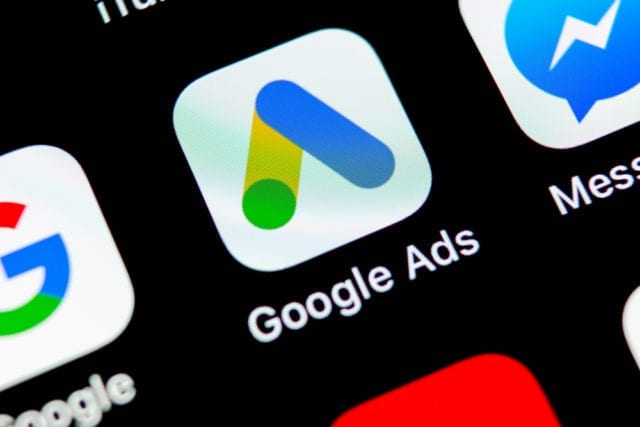
For the second year in a row, I watched marketing guru Seth Godin deliver the keynote address at Internet Summit in Raleigh, North Carolina.
As always, Seth offered the attendees various nuggets of knowledge. Things like:
- Ignore the masses. “Seek out your most viable audience and shun the non-believers.”
- “Make things better by making better things.”
- To find the best people to work for you, look in different places. “If you’re not looking for a job, this may be the job for you.”
My favorite section of Seth’s talk was when he specifically addressed brand marketing versus direct marketing.
In 2000, Google AdWords (recently rebranded as Google Ads) launched with 350 advertisers. Today, it’s estimated Google and Facebook account for at least 25 percent of total media advertising revenue.
Anyone with a business of any size can utilize digital marketing, and one of its key benefits is that it is trackable.
Google tracks digital ads very specifically and immediately and is easily accessible. It became easier to quickly determine how many people have seen it, clicked it, watched it or filled out a form and to track the exact return on your investment.

This, of course, has been a numbing challenge for sales teams of traditional media, like newspaper and radio.
How do you sell the effectiveness of radio advertising when the results aren’t always trackable?
That’s when Seth Godin recited the best words of the conference:
“If you want to do brand marketing, you have to refuse to measure.”
This hit me like a lightning bolt.
Don’t get me wrong, I like Google Analytics. I run trackable digital campaigns for our company. But I also strongly believe that branding—the art of getting consumers to have a clear perceptual understanding of your brand—is the most important marketing element of all, and the foundation of every company’s success. Branding first, tactical second.
But seemingly every company wants measured results.
Godin mentioned the print ads that Absolut Vodka ran for all those years on the back of magazines.
Absolut doesn’t know how many bottles of vodka they sold as a direct result of people seeing those ads.
And that’s ok.
We do know when Absolut began those ads in 1980 it had a 2.5% market share, and after 25 straight years of running them held a 50% market share.
Branding and consistency.
We’ve all become so hyper-focused on the now, the instant gratification of numbers, that it is easy to take your eye off the big picture.
Tactical advertising won’t grow your business, the same way tactical contesting won’t grow your radio station.
Grow the brand perceptually, research to track your strengths and weaknesses, then use tactical to support the brand.
The next time a client says they want to run a quick “test” campaign, ask them what would have happened had Absolut run just one print ad. Or even just one month or one year’s worth.
Branding and consistency.
The next time you wonder if you’ve said that positioning statement too many times on your radio station or run that music promo too often, remind yourself:
Branding and consistency.
Remember that while measuring in-the-moment is valuable, it has its place and it is imperfect.
That’s not always easy to hear on ratings days.
So….
Brand marketing is a marathon, not a sprint.
If you want to do brand marketing, you have to refuse to measure.
Direct marketing is easy. Brand marketing is hard.
You know what? It’s also really worth it.
